Graves Disease and Anxiety
Last Updated on July 17, 2024 by Anna Baumann
It’s been my experience that Graves Disease and Anxiety go hand in hand. But most doctors don’t prepare us for it or even acknowledge it as a symptom of Graves Disease. It’s the old, “Your levels are in the normal range, so Graves can’t be causing it” thing. That frustrates me to no end! We’ll have Graves Disease for the rest of our lives. Yet when we complain of something that can’t be measured by a blood draw, they’re sure our symptoms aren’t Graves-related. I won’t rant on that here, because I rant on that here.
There are many symptoms of Anxiety, but some seem to be more common in people who have Graves.
Similar Symptoms of Graves Disease and Anxiety
We’re easily frightened.
For example, I’m afraid of things like quick movements, loud noises, and wind. Sometimes us Gravesters are accused of being overly dramatic because of how we react (or overreact) to things. As annoying as it is to other people, we get annoyed with ourselves. We know it doesn’t make sense, but we really can’t help it.
Our physical symptoms mimic anxiety.
Even when our thyroid hormone levels are ‘in the normal range’, our bodies don’t cooperate. Our hearts race, our hands tremble, we sweat a lot and can’t sleep. These are all Graves symptoms that are also physical signs of anxiety. Because of Graves, our fight or flight hormones are always flowing. So our physical state causes us to feel emotionally anxious.
Our anxiety is mistaken for impatience and irritability.
We always feel like something is just off. Some days all of our joints ache. On other days we’re nauseous from a nervous stomach, even though we have no idea what we’re nervous about. Feeling anxious and sick all the time is exhausting. We’re just so done with it that we don’t think before we speak. We’ll just say the first things that pop into our heads before it’s gone through our ‘nice filter’. We don’t mean to be mean, but sometimes it comes out that way.
Why does this happen?
When we’re first diagnosed, we’re put on anti-thyroid drugs to slow things down. It usually works at least a little but it’s hard to regulate. The hope is that we’ll go into remission, but that doesn’t always happen. And even if it does, sometimes it doesn’t last very long.
Once our thyroid is gone or radiated, we’re put on drugs to speed things back up. Doctors claim it’s easier to manage these. But good luck finding the perfect dose. We’re either back to trembling with a racing heart or falling asleep standing up.
The thyroid affects every single cell and system in our body. So it makes sense that everything goes completely haywire when it’s either under attack or gone altogether. It’s really no wonder that we feel anxious!
What do we do about it?
Talk to your Doctor.
A lot of Graves patients take anti-anxiety medications along with their thyroid medications. Talk to your doctor and make the best decision for you. It’s sad that there’s still a stigma around taking medication for anxiety. Don’t let it stop you from feeling good.
‘Sometimes the strongest thing you can do is ask for help.’
Find your triggers and create your peace.
- I limit caffeine and sugar because being jittery makes me anxious.
- Herbal tea, long walks, and reading calm my mind.
- Pleasant scents and soft music without words soothe me.
- I went from working for a large corporate office to a small family practice.
These things have helped me more than I can say. It takes some trial and error to find out what works for you and what doesn’t. You’ve got to be willing to do some honest self-reflection to identify what triggers your anxious feelings. Then take the time to find what calms your mind, and gives you peace. Do whatever you have to do to make them a permanent part of your life.
“Once you choose hope, anything is possible.” ~Christopher Reeves
Avoid negativity.
We don’t look sick. Graves and anxiety aren’t always visible. People might think we’re faking, or making more of it than it is. But we aren’t pretending. We’re not crazy and we’re not making it up. We are wonderful, beautiful people whose insides often feel like a towel being tossed around in a dryer. So try not to let words hurt you. People aren’t always being malicious. They just haven’t walked in our shoes, so they can’t know how we feel. They don’t know any better.
“The greatest prison people live in, is the fear of what other people think.”
Are you living with Graves Disease and anxiety? Comment below if you’d like to share your experience. You can also join my FACEBOOK GROUP to get the support of chatting with fellow Gravesters.
Disclaimer: This post is based on my own personal experience. It is not intended as medical advice. It is not intended to diagnose, treat, cure or prevent any disease or medical condition.
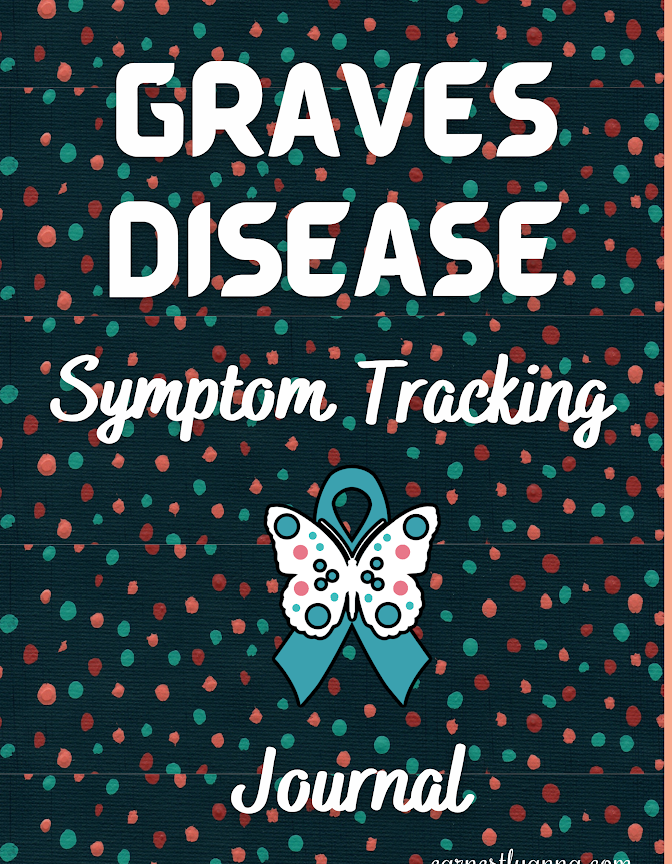
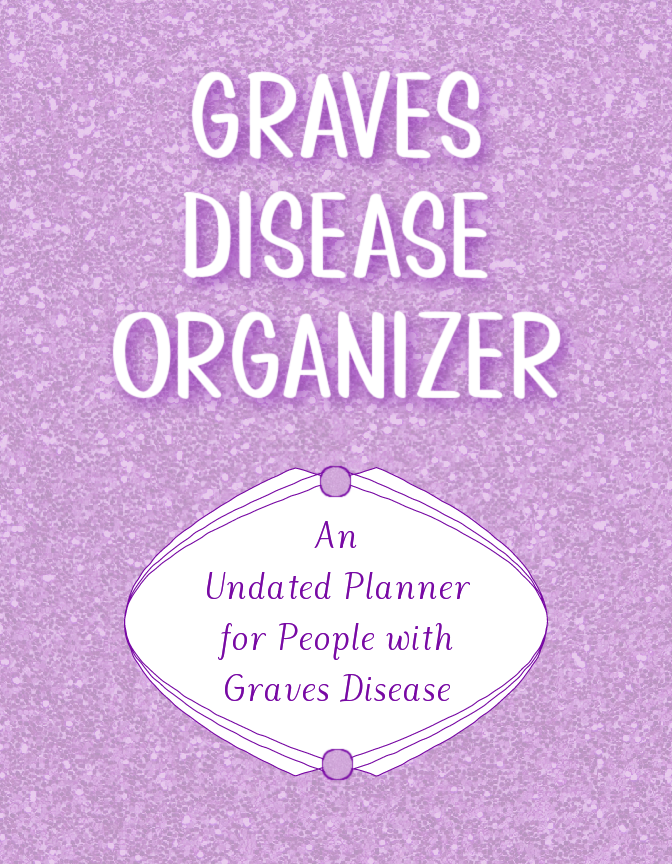
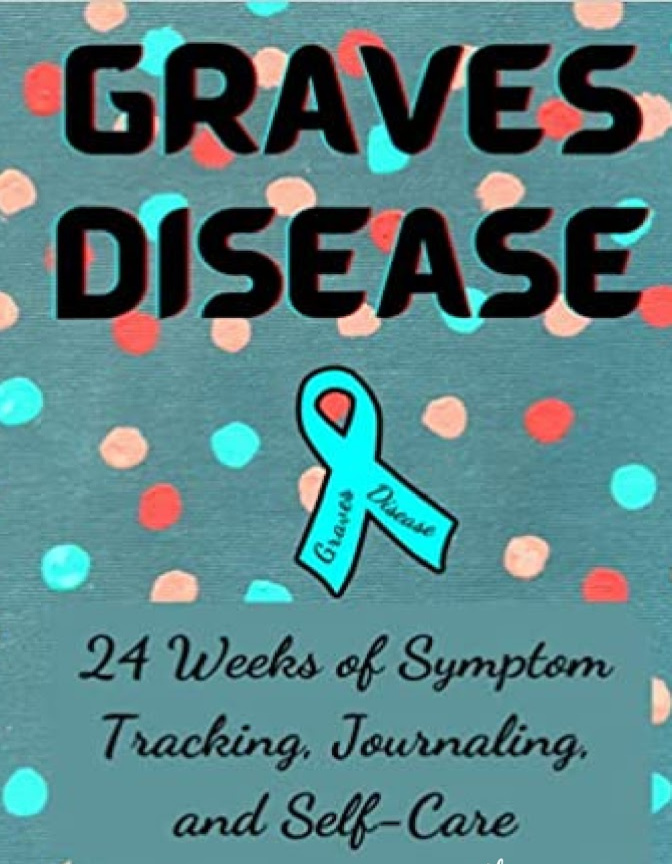

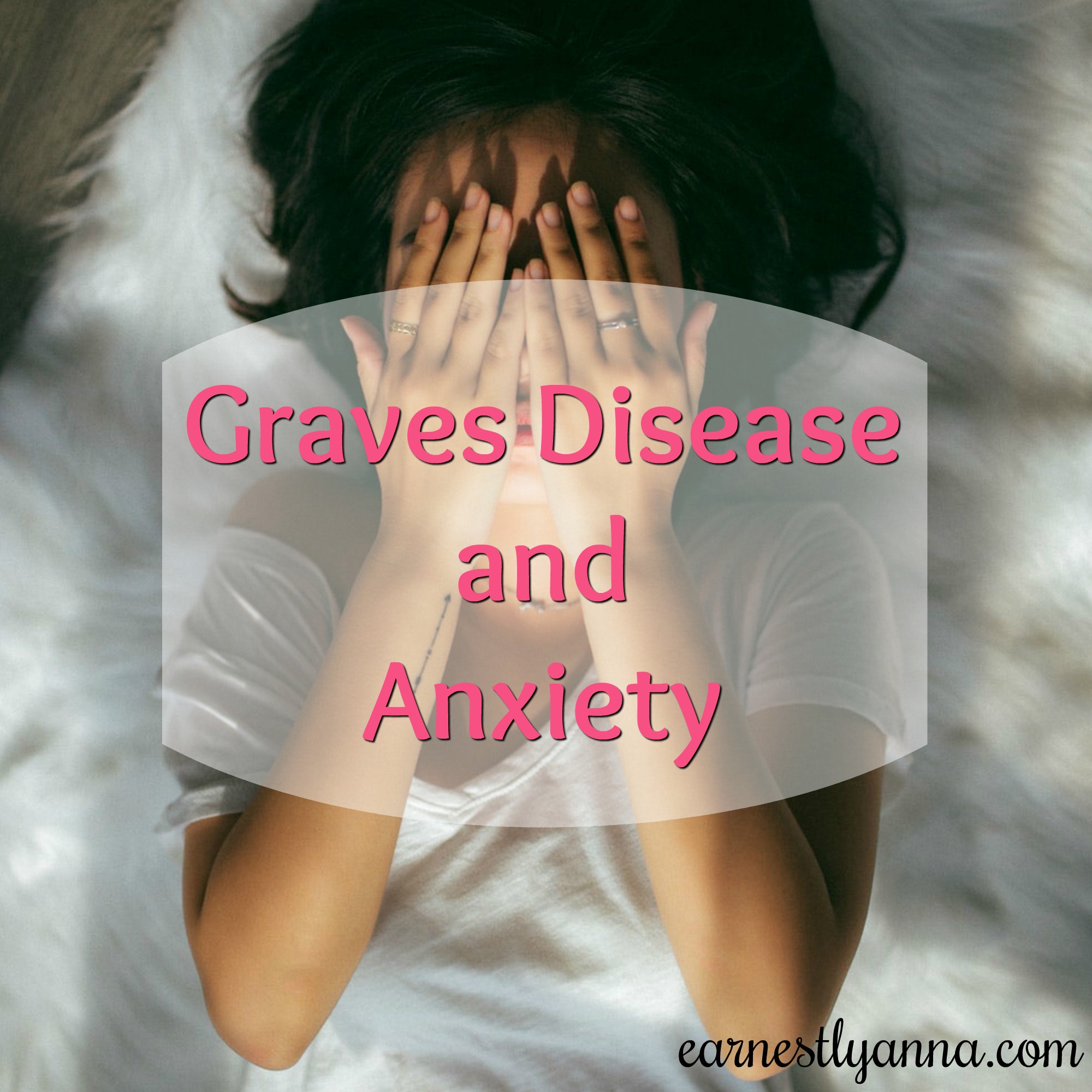
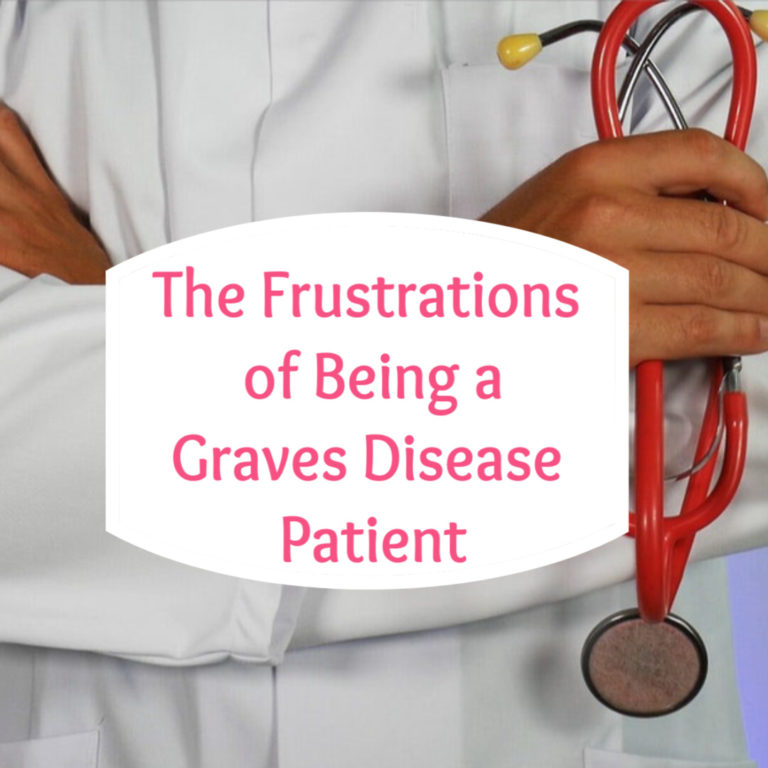
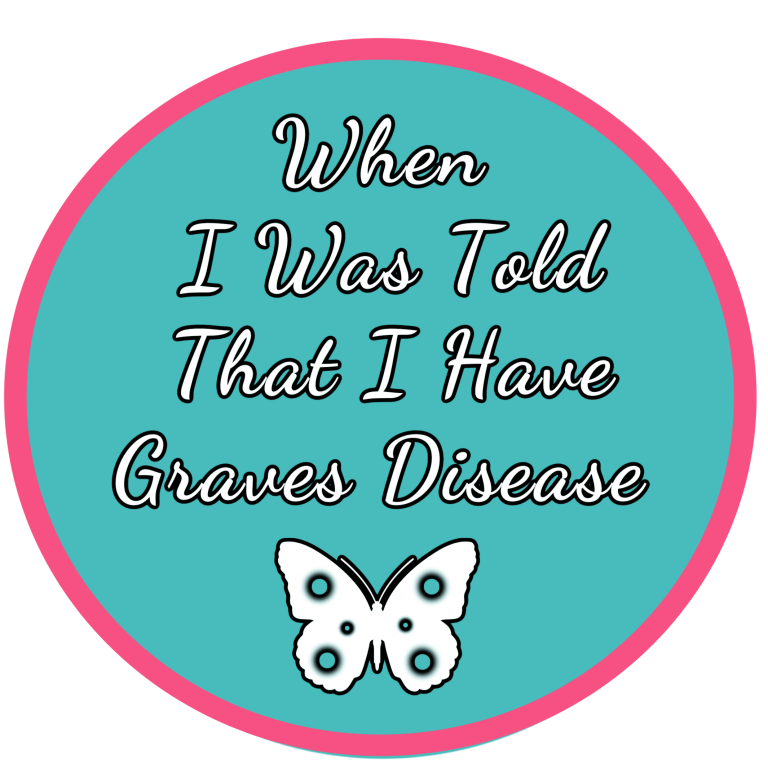



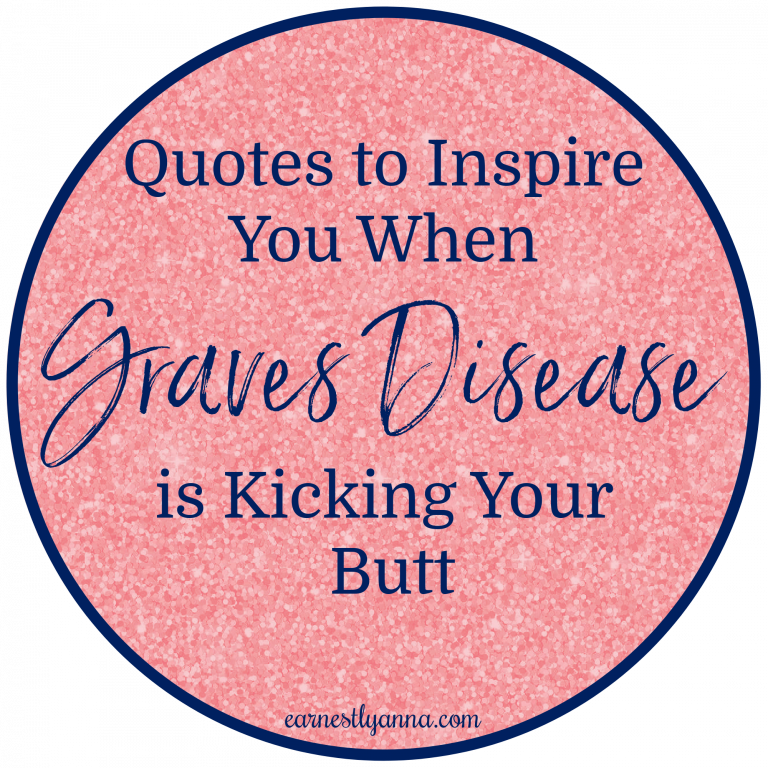
Thank you for the article; I really needed to hear this! Methimazole has reduced my symptoms significantly and my number are getting into the normal range, but my sleeping & mood are still disordered. Anxiety is the new normal at this point & I liked your tips for managing it. Thanks again ❤️
Hi Carol! I’m so glad I could help! ? And, I’m glad Methimazole is working for you. Thank you for taking the time to comment and I truly hope my tips help you feel better.
A very and accurate description. My newest saying is “I just want my life back.”
Thanks for sharing
A 🙂
You’re welcome and thank you for stopping by. I hope you feel better soon! ?
Thank you for your insightful posts! I am into year 4 1/2 of Graves Disease and boy has it been a rough time! I have collected over this time TED, had to have a Hysterectomy, had my Gallbladder removed, developed Cluster Migraines, bowel problems and Ulcer, skin issues the list goes on and on and on.
The worst thing is people just simply don’t believe me. I’m a hypochondriac, a drama queen, a liar, i’m lazy, an exaggerator and worst of all that I use my illness to get out of things I don’t want to do. And most of this is from my family 🙁
I have never felt so alone in my life. I have no friends, no one to discuss how I feel with and each day feel more and more over my life. I have no quality of life anymore, and I’m really, really tired of it.
Hi Annique,
I’m so sorry to hear that you’re going through such a hard time. I like to think people don’t mean to dismiss our feelings. Sometimes I think they’re just ignorant because they’re fortunate enough to not have any chronic health problems. But try not to give up on them, or on yourself.
Are you on Facebook? If so, there are several Graves Disease support groups you can join. They are great because you’ll find hundreds and even thousands of people who struggle with many of the same physical and emotional things. These are people who can truly relate to what you feel. Here are a few of them: Graves Disease, what everyone should know, Graves Disease Support Group, Thyroid Eye Disease Support Group
Besides joining support groups, it’s a good idea to talk to your doctor about how you’re feeling. I never felt more helpless and miserable than when I was hyperthyroid. If your hormone levels are off, it just makes everything else feel even worse.
I hope some of my posts here are helpful and encouraging, and I hope that you’re able to find and join those support groups. You are not alone Annique, and you can and will feel better!
Hello, I’ve been recently diagnosed and my previously-under-control anxiety and panic have gone through the roof.
I’m currently on a BB while they do more imaging, and it’s helped my heart rate and palpitations and shaking, but I’m still sweating And not sleeping, and having so much anxiety and panic.
I do yin yoga when I have the energy, mostly I’m weak and laying down doing meditations .
Thank you for this validation.
Hi Ashley, I’m so so sorry. You are not alone in anything you’re feeling. Keep trying everything you can to ease your symptoms. I hope you finish your testing soon so your doctor can do something to get your thyroid hormones under control. Once you’re no longer hyperthyroid, hopefully some of those physical symptoms will subside. I’m sending good thoughts and prayers your way. God Bless You!
My main symptom when hyper was severe anxiety,had to be admitted 3 times to MH facility.Put on anti depressants and anti psychotics.Had anxiety for 3 years,even in remission.Trying to get off anti psychotics as they are actually giving me anxiety.I have not woken up normal since diagnosis of graves.It affected me mentally,I dont get hair loss,I dont get fatigue,just all mental symptoms.Im much better now,at the start I felt like i was going nuts